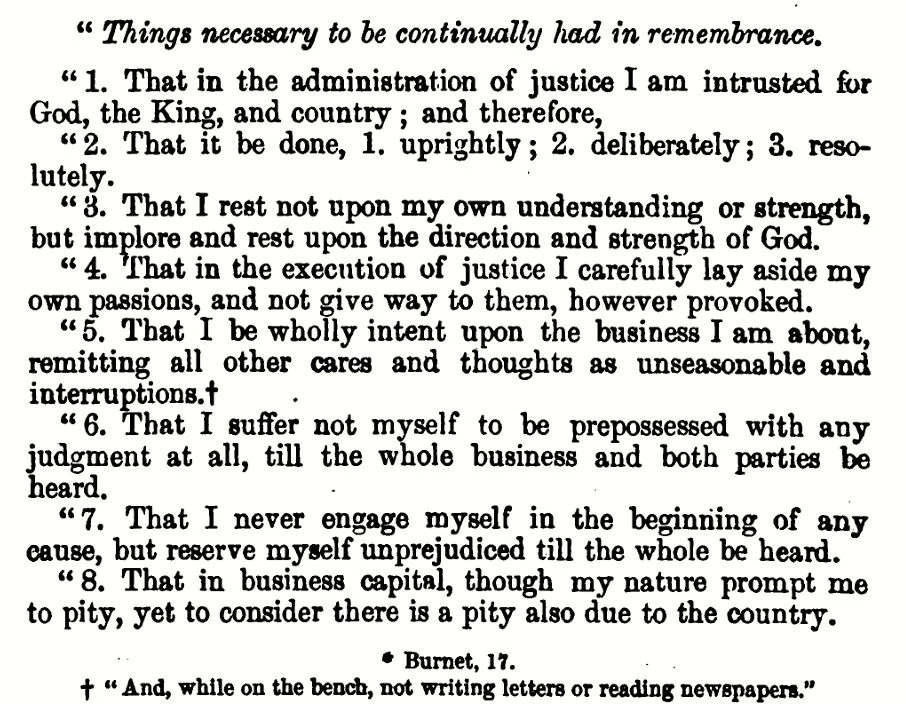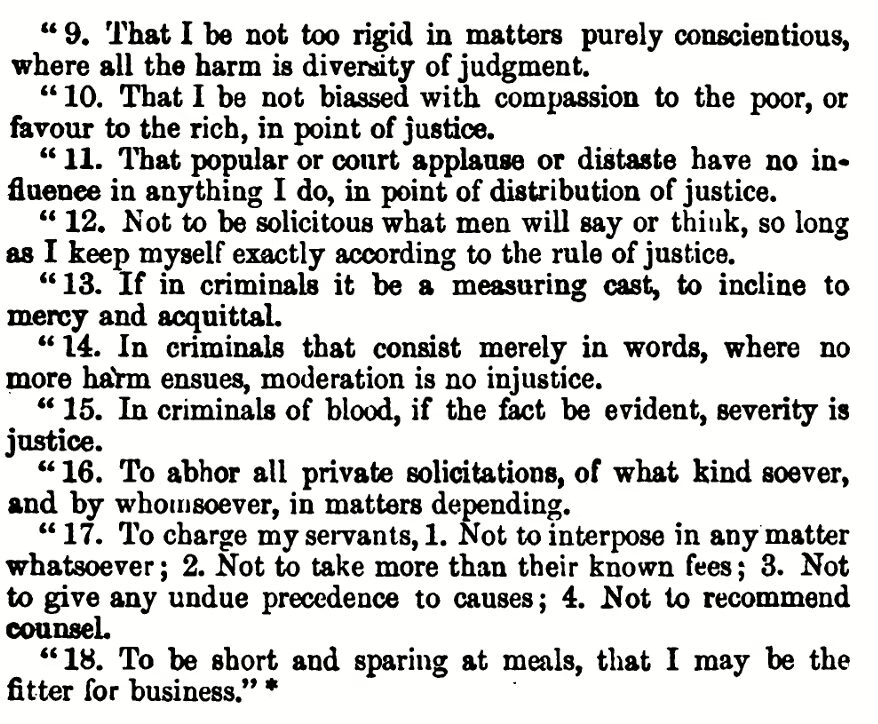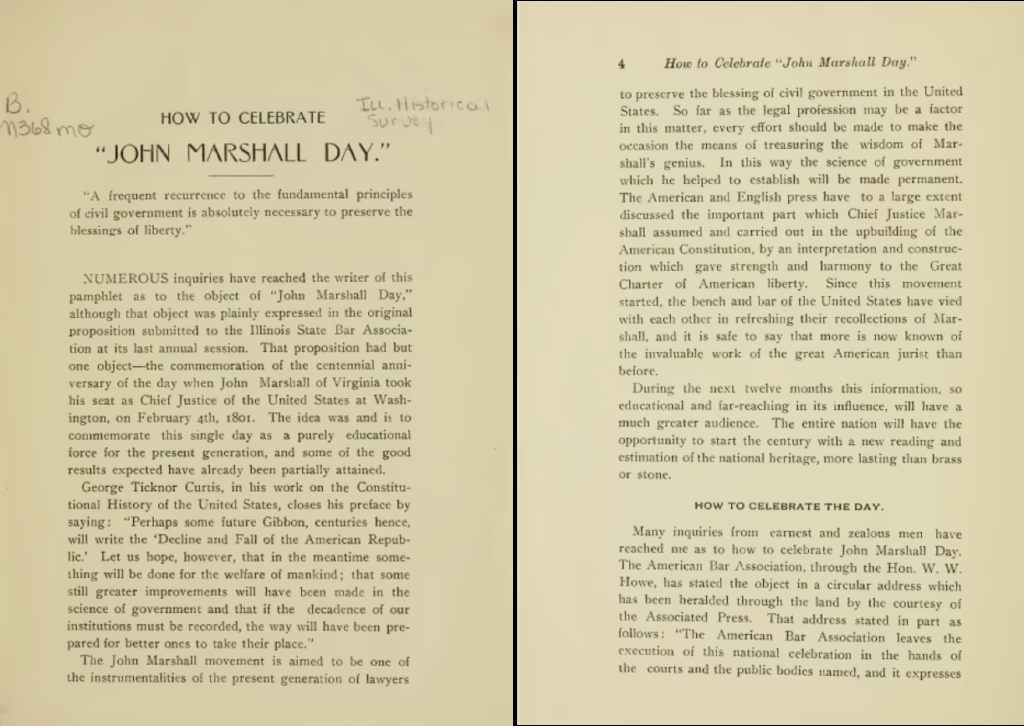In establishing the federal government, the Constitution’s Framers sought to overcome a problem: men are not angels, and thus they should not be treated as such. The solution was to design a government in which “[a]mbition” could “counteract ambition.” The idea being that, although the human(s) in any one branch could not be trusted entirely with governmental power, tensions between the three federal branches pushing-up against each other could help ensure that no one branch acted tyrannically.
As someone who often writes on separation-of-powers topics, I have had occasions to reflect on Madison’s lesson regarding the distinction between men and angels. And in doing so I have come to see more clearly a deeper lesson that is implicit in Madison’s quip (whether he intended as much or not). Yes, men are not angels. That much is obvious. But men are not the evil opposite of angels, either. Instead, humans are human. Which is to say that humans are created in the image of God, and have the capacity to choose whether they will pursue the good.
Our constitutional system of separated powers is a great gift that has been left to us by past generations. To be proper stewards of that system, which consciously seeks to account for human nature, we should think carefully about what that human nature entails. Thus, in a series of recent works (published here, here, and here), I have sought to more fully introduce the concept of virtue ethics into modern separation-of-powers literature.
A virtue is a characteristic that is both instrumental to achieving excellence, and a constitutive part of what it means to be excellent. We might say, for example, that an excellent steak knife has a firm handle and a sharp blade—two virtues that allow the steak knife to fulfill its purpose (i.e., cutting steak) excellently. Like steak knives, there are character traits (i.e., virtues) that enable humans to achieve their purpose excellently. And as a fundamental matter, those virtues include the four cardinal virtues: prudence, justice, courage, and temperance.
The law can help instill those virtues in humans. For example, a law that punishes military desertion might give soldiers a legal incentive to face danger, and thus develop a habit of acting courageously. Over time, they might actually become courageous (rather than just imitate the virtue due to legal requirements). Laws against excessive intoxication might similarly offer legal incentives to develop a form of temperance, and so on.
When we think of the law as a tool for instilling virtue, we might often think of the law instilling virtue in the citizenry (e.g., soldiers and public house patrons). And that is indeed a worthy use of law. But there is another type of law that governs those who govern us: constitutional law.
Thus, I have proposed using constitutional law to instill in federal officials the virtues they need to perform their governmental functions excellently. And I contend that performing those functions excellently means, in part, performing those functions in a way that respects the Constitution’s separation of powers.
To offer one example: an excellent federal legislator is one who exhibits the virtue of courage. This means carrying-out legislative responsibilities in the face of political dangers—i.e., the dangers associated with taking clear legislative stances that can be properly evaluated by voters at the ballot box. But today, lax enforcement of the Constitution’s nondelegation principle permits federal legislators to exhibit a form of political cowardice. By enacting laws that kick policy questions over to federal administrators (many of whom are themselves purportedly insulated from political accountability) legislators do not have to make as many tough calls.
By ducking tough decisions, a federal legislator deprives himself of opportunities to act courageously. Constitutional law can help with that. To wit, courts can enforce the Constitution’s nondelegation principle more stringently. That would give legislators more opportunities to face political consequences, and thus learn how to courageously rise to the occasion—something an excellent legislator would do. Federal administrators (who exercise the President’s executive power on his behalf) can similarly play a role in enforcing the Constitution’s nondelegation principle by informing Congress that clearer legislative guidance is needed in particular situations.
Many more examples could be offered. But in sum, if we are to have a government staffed by humans, the law ought to be used as a tool that helps those humans be excellent.






